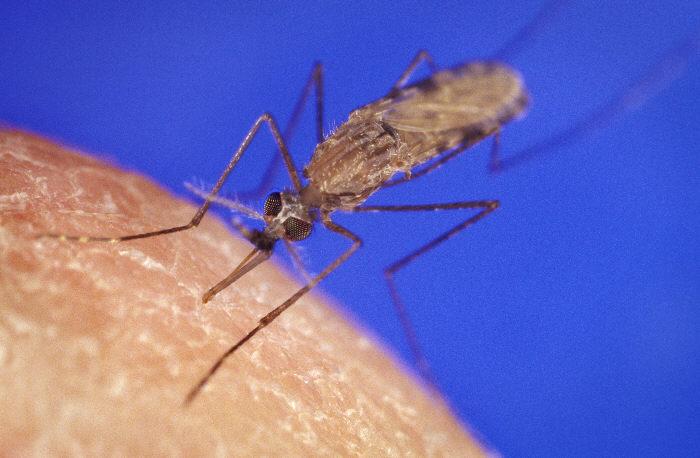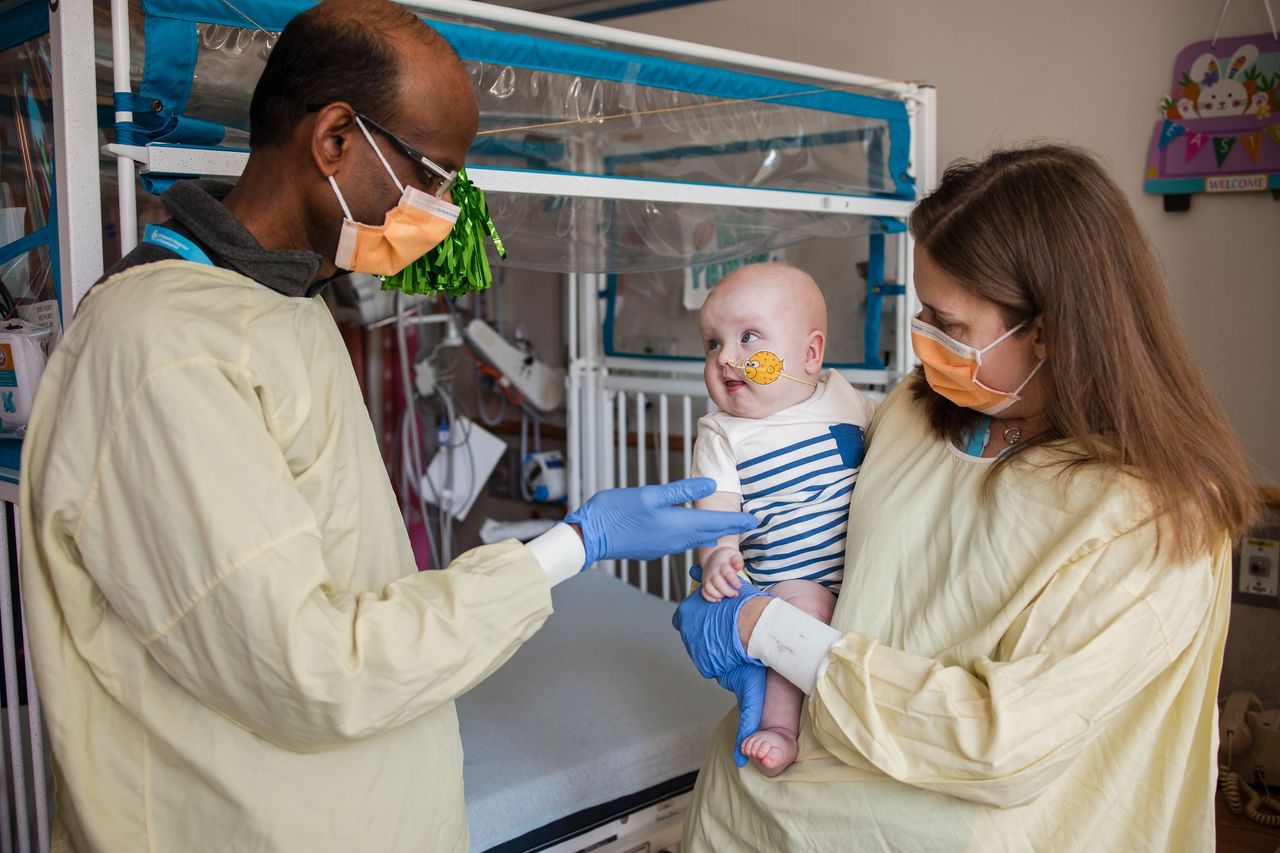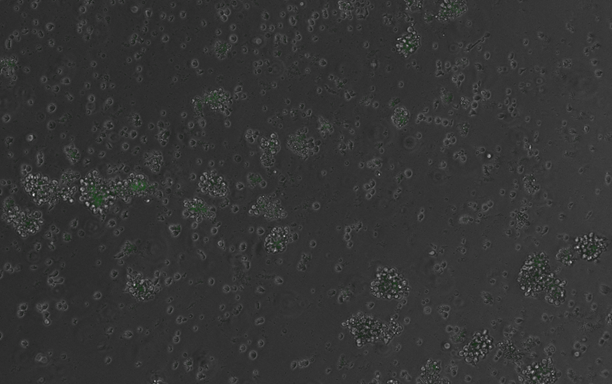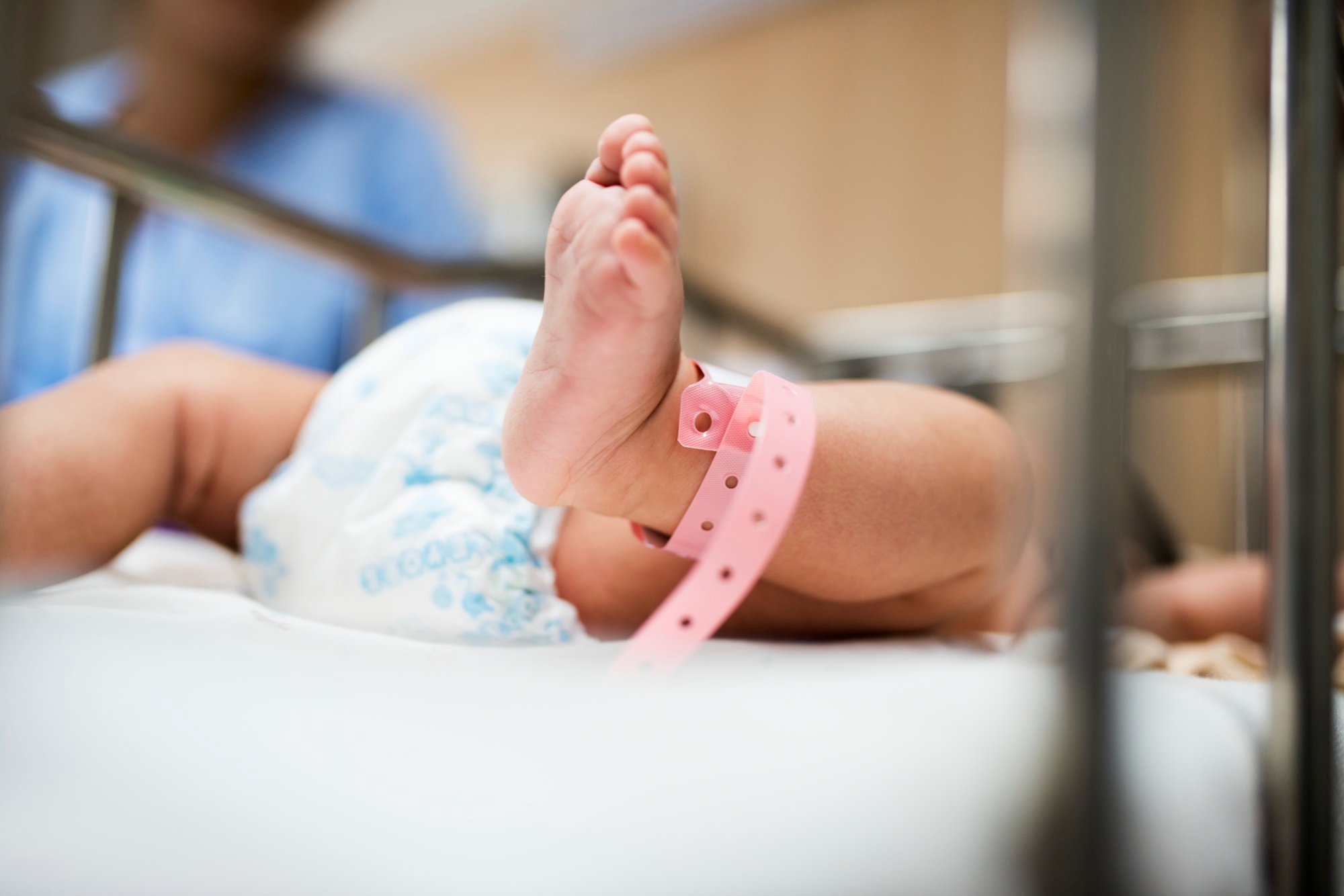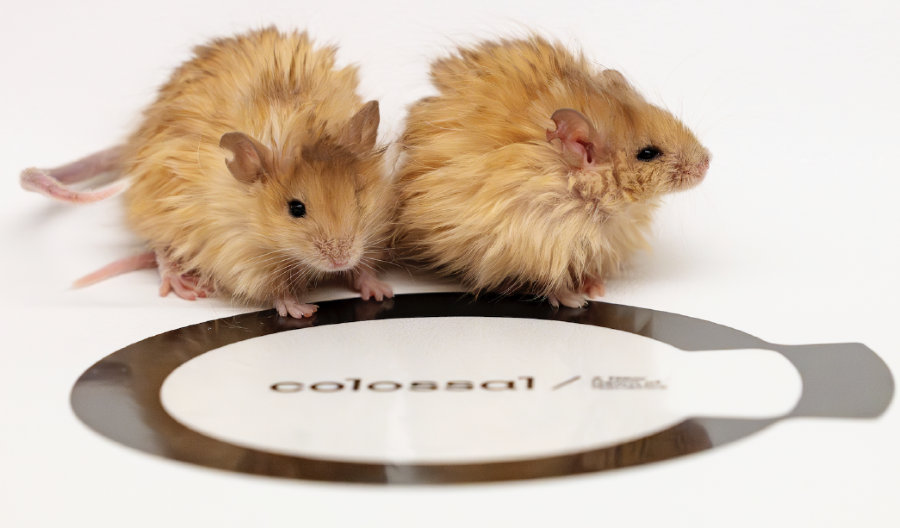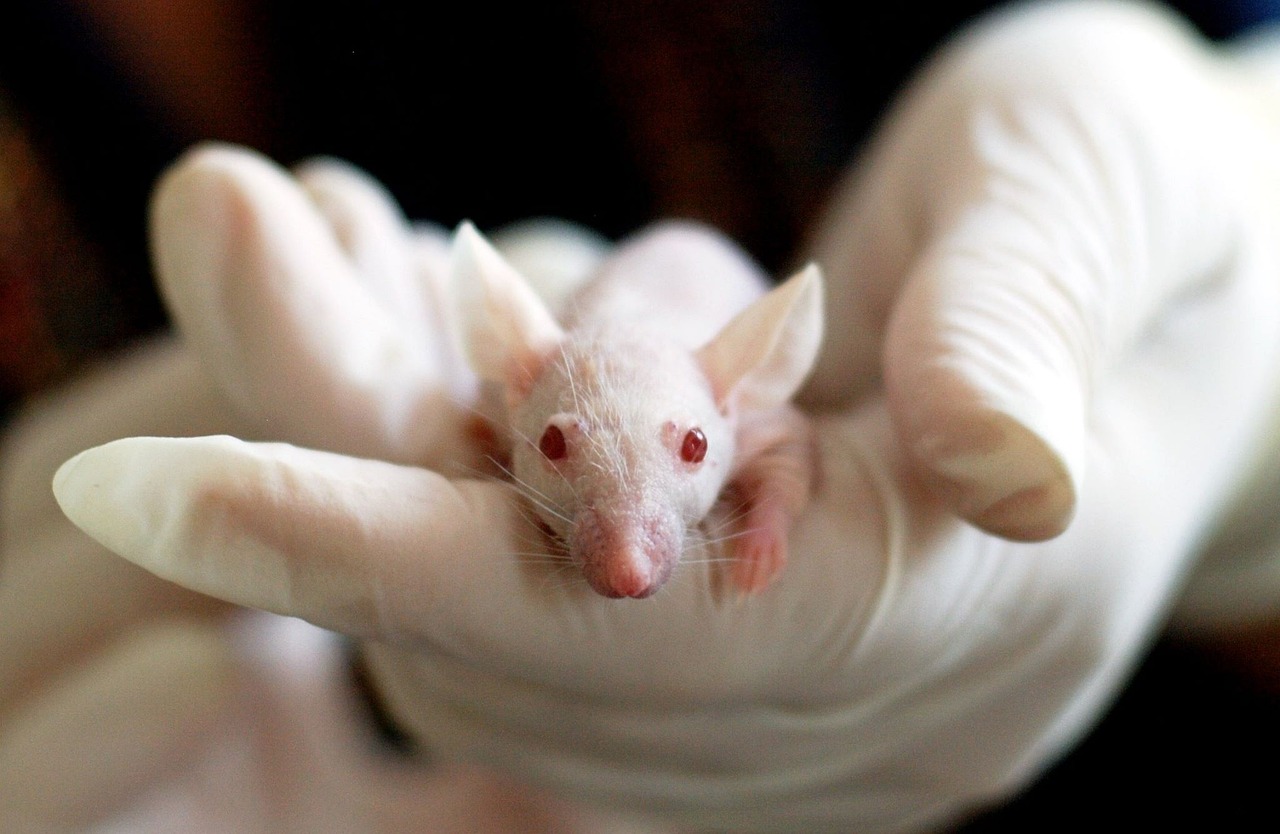A genetic variant has been discovered that increased height and accelerated metabolism in modern humans
A team from China has analysed the genetic data of more than 450,000 people and identified a variant in a gene that contributed to increased height and basal metabolic rate in modern humans, especially when meat consumption increases. In addition to providing insight into evolutionary processes, the finding ‘also has important implications for understanding susceptibility and resistance to contemporary metabolic disorders such as type 2 diabetes, obesity and metabolic syndrome,’ according to the authors. The results are published in the journal Cell Genomics.

